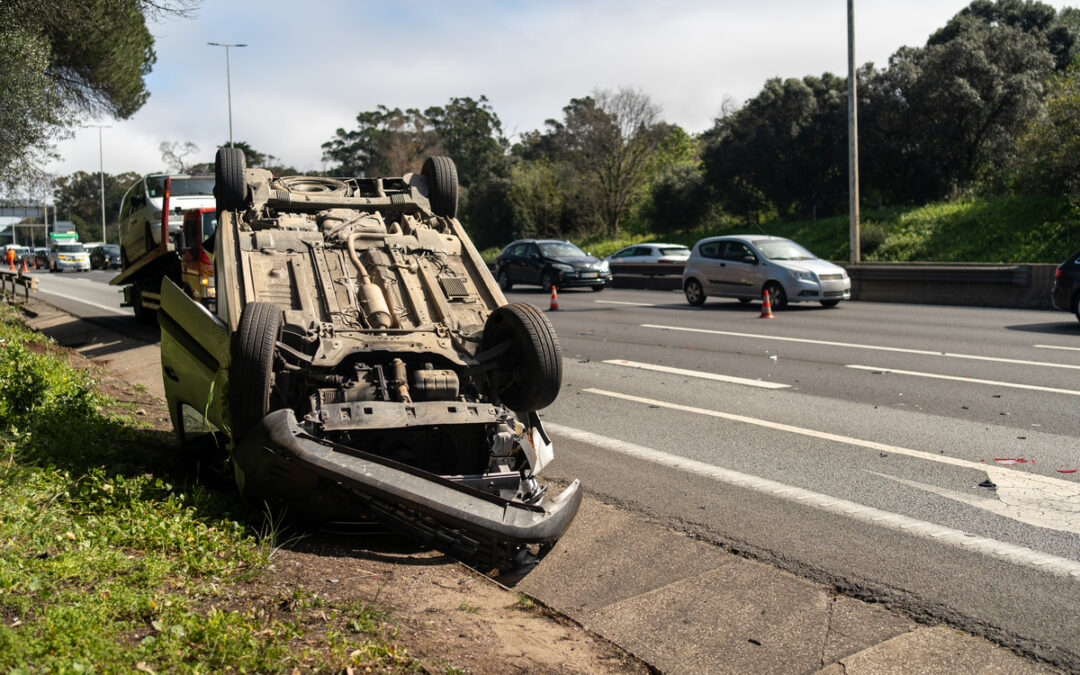
by Daniel Setareh | Jul 1, 2025 | Auto Accident
Vehicle rollovers are among the most dangerous types of accidents on the road. While they account for only about 3% of all serious crashes, they’re responsible for nearly 30% of vehicle occupant deaths. Understanding what causes cars to roll over can help you...

by Daniel Setareh | Jun 30, 2025 | Finding An Attorney
Receiving a subrogation letter can be confusing and intimidating. If you’ve recently received one, you’re likely wondering what it means and how you should respond. In simple terms, a subrogation letter is a formal notice from an insurance company seeking...

by Daniel Setareh | Jun 27, 2025 | Boating Accident
Boating accident reports must be filed when specific conditions are met under federal and state regulations. According to U.S. Coast Guard requirements, you must file a written report when a boating accident results in death, significant injury, property damage...

by Daniel Setareh | Jun 26, 2025 | Personal Injury
When your medical bills exceed your settlement amount, you’re facing a challenging but not uncommon situation. At Setareh Law, we regularly see clients struggling with this exact dilemma. Approximately 20 million Americans face medical debt each year, with total...

by Daniel Setareh | Jun 25, 2025 | Finding An Attorney
When you reject an insurance settlement offer, you’re taking a stand for fair compensation. Insurance companies typically start with lowball offers, often 30-40% below what your claim is actually worth. Rejecting an initial offer doesn’t end your...

by Daniel Setareh | Jun 24, 2025 | Dog Bites
In California, if your dog bites someone, you’re immediately subject to strict liability under Civil Code §3342, regardless of your dog’s previous behavior. This means you’re legally responsible for injuries caused by your dog, even without...

by Daniel Setareh | Jun 23, 2025 | Finding An Attorney
When your home suffers damage and your insurance company issues a payout, you might wonder if you can use that money for something other than repairs. The short answer is: it depends on your specific situation. If you own your home outright, you generally have more...

by Daniel Setareh | Jun 22, 2025 | Personal Injury
Failing to report a car accident within 24 hours can lead to serious legal consequences, including fines, license suspension, and potential criminal charges, depending on your state’s laws. Most states require accident reporting within specific timeframes when certain...

by Daniel Setareh | Jun 21, 2025 | Motorcycle Accident
Sharing the road with motorcyclists is dangerous primarily due to visibility challenges, differences in vehicle size, and drivers’ difficulty judging motorcycle speed and distance. The latest NHTSA data shows that 6,335 motorcyclists died in 2023, representing...

by Daniel Setareh | Jun 20, 2025 | Safety Guidelines & Medical Advice
Pregnant women can generally drive safely throughout most of their pregnancy with proper precautions. There’s no universal cutoff date when you must hand over the keys. At Setareh Law, we understand that driving independence remains important for most expectant...











